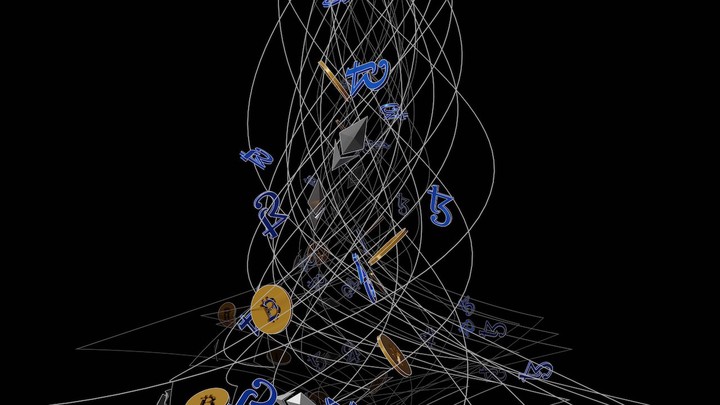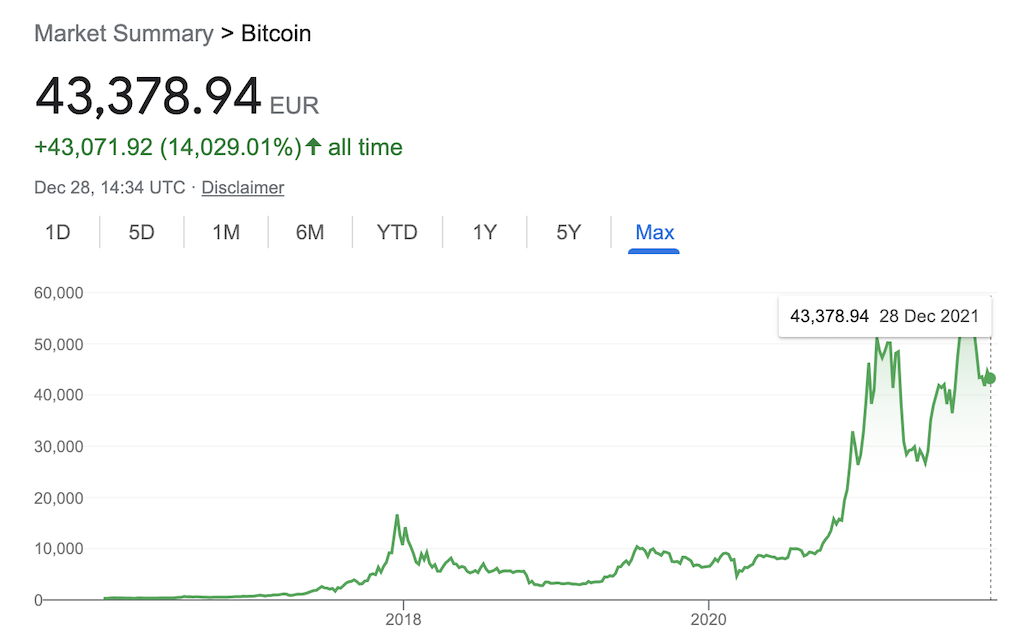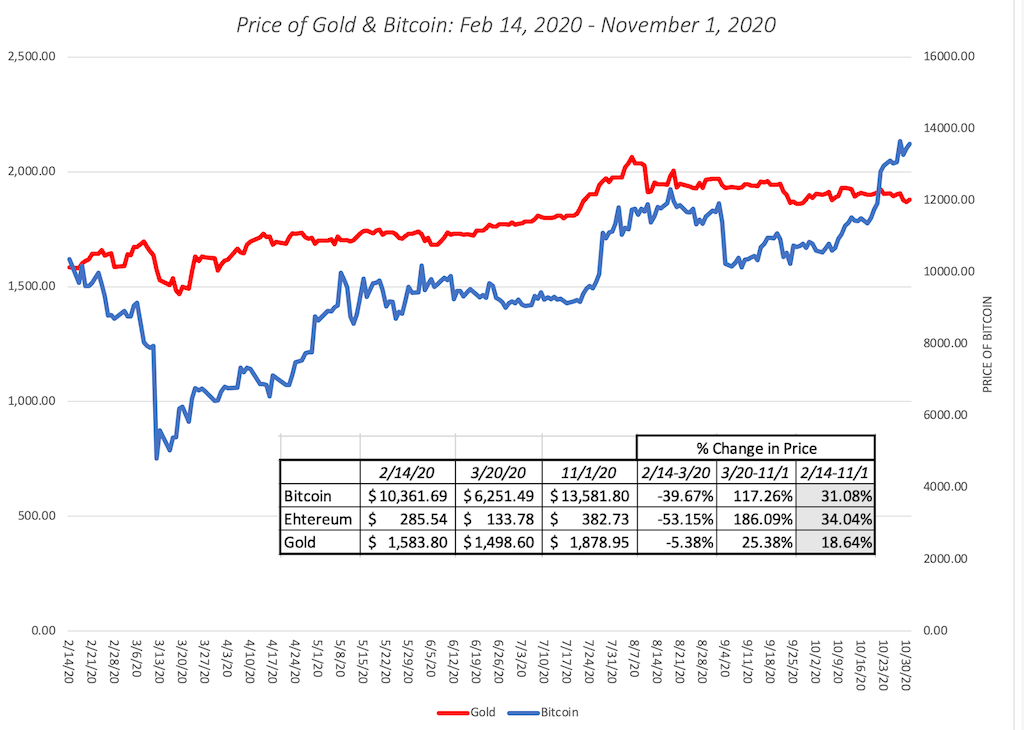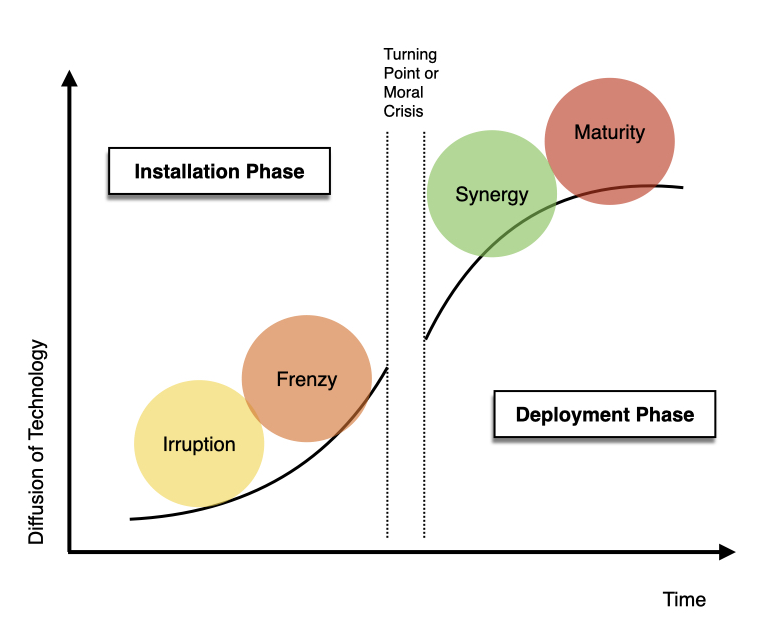Conversion of a Crypto-Skeptic

Look inside: What’s the promise of the blockchain you believe in? That it will change the world? Or that it will make you rich?
They are not the same thing.
Bitcoin is the first internet-native way to speculate.
The technology could become omnipresent while the first crypto-currency becomes irrelevant.
To succeed a technology needs more than a vertical chart.

To drive widespread adoption, a technology needs to be useful, to solve a problem.
- A car has a clear benefit. You move. Fast.
- Steam enabled mechanization of production.
- With internet I can communicate with anyone, anywhere.
What can I do with a Bitcoin?
I first heard of the blockchain in 2013. Until this summer (2021), I didn’t believe it had any chance of becoming useful.
Siding out central banks may be exciting for hard core libertarian. But it’s not going to cut it for most people.
The true reason 300 millions people invested in cryptos isn’t the ideology.
It’s the quick buck 💸
No one can deny that Bitcoin failed on its initial promise. It did not become a “coin”, an internet-native currency.
As all good marketers do, the fanboys changed the claim.
“Oh it was never about making a currency. Bitcoin is a store of value. An internet-native gold.”
Except gold doesn’t lose 50% of its value every other week.

(Source: Aswath Damodaran. Bitcoin didn’t achieve gold stability.)
⛰️ The Tipping Point
Still. All the media noise around NFTs and Web3 tipped me over.
After looking into it, I finally believed there may be something to this chain of block thing.
What’s so special about it?
Let’s start with NFTs and come back to Web3 later.
At first, you could say NFTs just pulled the same trick as crypto-currencies: Being another channel for rollercoaster speculation.
But let’s go deeper.
NFTs have the potential to support the creator economy (artists, writers, podcasters, youtubers…).
And more than enabling the purchase of their creation, an NFT could give its holder rights.
Where Bitcoin is blocked into being a commodity, NFTs have unlimited flexibility in the rights they can give.
An NFT could represent the right to meet its creator in 1-1s, or the right to attend his events (i.e., tickets), or the right to vote/participate in the next creation.
I admit it is still fuzzy what the ownership of an NFT could represent, but this flexibility opens the door to USEFULNESS.
For example, Sorare uses NFTs to create a collectible card game where cards are tradeable.
🎈 Bubble Economy
At the moment, the area is awash with capital. All sorts of projects get funded.
If you look at any of the major technology developments in the past, there has always been a frenzy of funding at first.
Be it in the steam age, the railways, or in IT, at the start, there is a bubble.

(From “Technological Revolution and Financial Capital” by Carlota Perez.)
The dawn of AI was predicted in the 1970s but only happened in 2010.
Even crypto experts agree there is no doubt there is a bubble around crypto-assets.
People telling you with 100% certainty that blockchain is the future are lying. Either to you or to themselves.
We can only be certain of the blockchain usefulness once it is widely adopted.
For now, we are at the start and we can only hope to catch a glimpse of the future.
/rant_end
👀 The Glimpse
NFTs were the appetizer.
It’s the main course that converted me: Web3.
”Web3 is the internet owned by the builders and users, orchestrated with tokens.” — Chris Dixon
To me, the magic happens at the “orchestrated with token”.
- Orchestrated means governed or administrated.
- A token is a right. (As with NFTs, since they are also token, only non-fungible.)
Blurry. But this opens the door for a new kind of social organization.
For now this takes the form of Decentralized Autonomous Organizations (DAO) .
For example, last November, ConstitutionDAO was formed in a few days to buy one of the 13 original United States Constitution copies.
They raised $43 millions from 17,437 contributors in 72h.
But Kickstarter could have done the same, no?
They have the technology to do so. But a single project never even raised half this amount.
Why?
TRUST.
”Trust minimization is reducing the vulnerability of participants to each other’s and to outsiders’ and intermediaries potential for harmful behavior.” — Nick Szabo
From the beginning the main strength of the protocol invented by Satoshi Nakamoto is the little to no trust you need to have trust in the other participants to engage with it.
You don’t need to trust the people, the group or its leaders.
You just need to trust the code.
In my life I signed 1000s of contracts which I didn’t read. Because the contracts are just an insurance for worst case scenarios.
In truth, when you sign a contract you trust the people.
With a smart contract on the blockchain, it’s different. It defines the mode of interaction with this project.
The members of ConstitutionDAO knew their money could only be used to buy the constitution. They knew they’d be able to vote on what would be done with it afterwards.
The seller, Sotheby’s, knew it could trust this organization (which didn’t exist the week before) to afford its bid.
Unlike usual contracts, you don’t even need to trust the State to enforce your contract.
The smart contract self-enforce. You don’t need to do anything for it to execute (and you couldn’t stop it if you wanted to).
In the real world, contracts are never self-enforced. You need lawyers. Which are…
Not free. Both in terms of money and time.
Time is key.
👬 What Humans Do Best
Why do humans dominate all other species?
Our cognitive capacity?
You may be ever so smart. But alone you are nothing.
The key difference: We are social. We make groups and coordinate.
These groups grow to towns, cities and nations.
In their book, Acemoglu and Robinson have a clear answer: Because nations don’t have inclusive enough institutions.
People are not able to participate in their own governance.
This is not an article about democracy so I won’t expand much longer on this.
All our democracies and our social contracts did not evolve for nearly a century.
The law is too slow, too costly. We have a single vote between two different options every other year.
The world is too complex for this to be enough. We need a new way to interact with each other.
To take group decisions.
Finding new modes of social organization is an even more important challenge than surviving climate change in my opinion.
I think the blockchain is the technology that can enable the social innovations we need to level up human organizations.
Fast experiments are the enabler of discoveries.
The blockchain is the technology unlocking this speed by lowering the trust requirement for social organizations.
I know this is only a glimpse 🔭
But it’s enough to get me excited in the field and speculate on its success.
I speculate with the most valuable resource I have: time.
“Strong opinions, loosely held.” — Marc Andreessen
If you disagree with any of the above, send me a mail at valentinmanes@outlook.fr to enrich our ideas.
Otherwise, if you have a favorite resource you think I should start with, I’ll gladly take any advice since the area is so wide and a bit overwhelming to enter in.